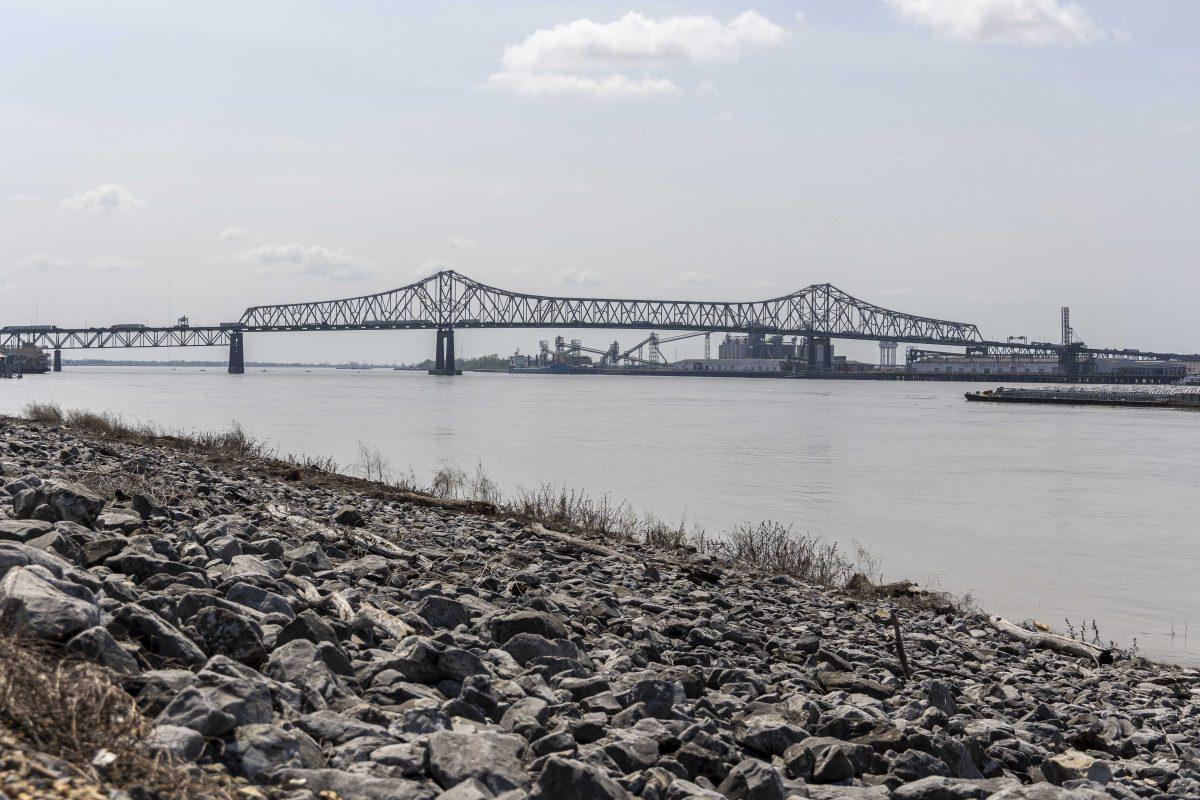It’s been almost two months since a Norfolk Southern train carrying toxic vinyl chloride chemicals derailed in the small town of East Palestine, Ohio, and contaminated much of the soil and water supply.
At the time of the accident, questions swirled about the full extent of the contamination. One particularly worrying theory circulating was that dangerous chemicals could infiltrate the Ohio River, which, when fed into the Mississippi River, could put the water supply of millions of Americans at risk.
If such a theory were to prove true, Louisiana would be disproportionately impacted due to the Bayou states reliance on Mississippi River waters for the health of its citizens and economy. So, should Louisianans be worried?
The answer is a resounding no.
To start, the chemicals never made it to the Ohio River.
“The most recent tests by the Ohio River Valley Water Sanitation Commission (ORSANCO) indicate no butyl acrylate or vinyl chloride have been detected in the Ohio River,” according to the Ohio Environmental Protection Agency, which has been screening the area surrounding the derailment for contaminants.
In fact, the contaminants have only been found in meaningful amounts in a single creek near the derailment site, Sulphur Run, which is currently still highly contaminated and toxic. While Sulphur Run does feed into other rivers, the ratio of chemicals to water reduces any chance of danger because the chemicals will become so heavily diluted by the volume and flow of water.
It’s that same chemical-to-water ratio that should alleviate any concerns Louisianans’ might have about the derailment’s possible effects on Louisiana.
“It’s more than 800 river miles away, and any contamination would have to flow down the Ohio to the Mississippi to reach Baton Rouge,” said Gregory Langley, the press secretary for the Louisiana Department of Environmental Quality. “The enormous volume of water flowing in the Mississippi River would dilute any chemicals below detectable levels long before they reached Louisiana.”
Even in the unfortunate event that a toxic chemical spill is large and potent enough to threaten the Mississippi River’s water quality, many riverside cities such as New Orleans would indeed be affected, but the Baton Rouge areas, and thus the LSU’s, drinking water wouldn’t be affected. This is because Baton Rouge gets its water from an underground aquifer, instead of the Mississippi River. The aquifer also provides a form of filtering, allowing for clean water even in times of crisis, like a hurricane.
“Many water supplies require extensive treatment of the raw water before it is fit to drink,” according to the Baton Rouge Water Company, which operates and provides much of the city’s drinking water. ”The water we use has been naturally purified and filtered through the earth’s rock and sand formations.”
So, Louisianans’ don’t need to sweat about the derailment in East Palestine or any other chemical spill that far upriver. And, even if there is a chemical spill down here, it will take more than that to take out Baton Rouge’s water supply.







